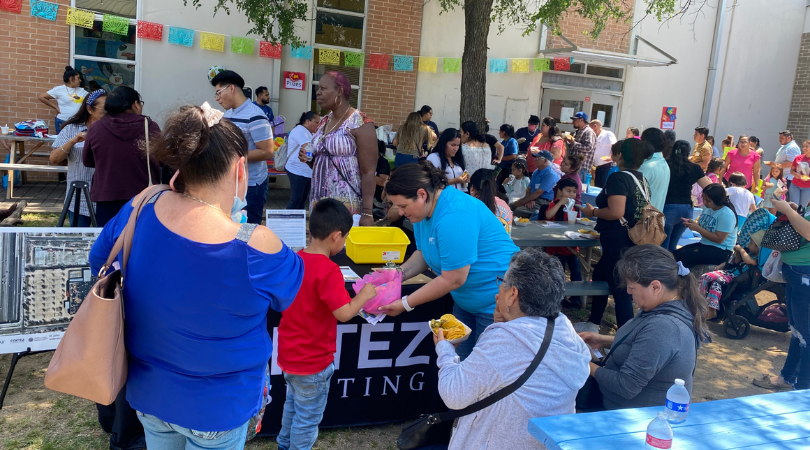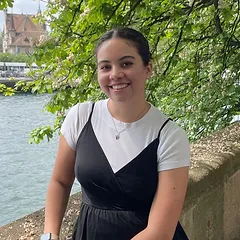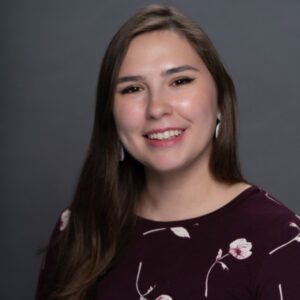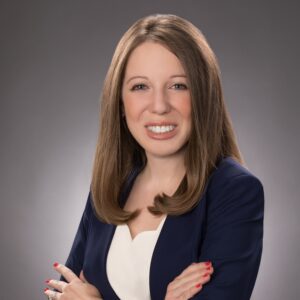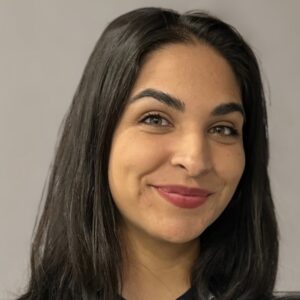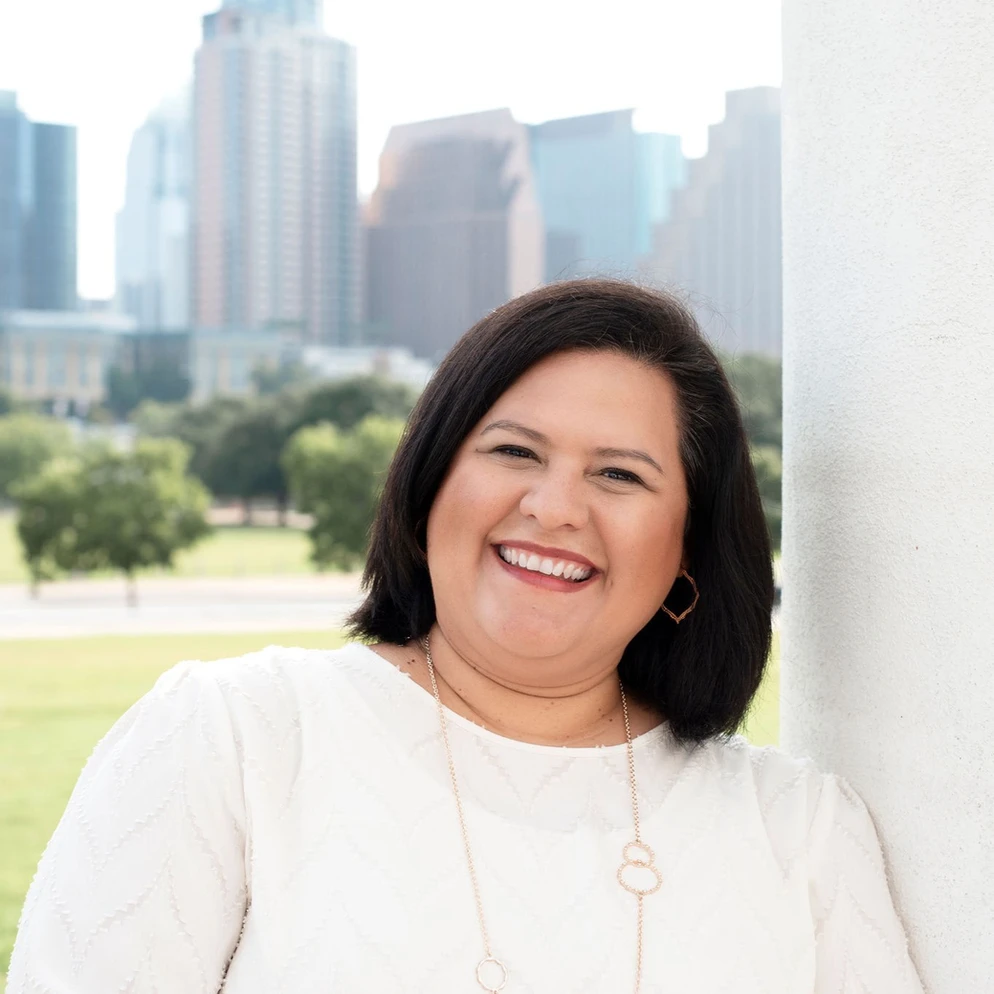
Rounding out 8 years as Founder and CEO of Cortez Consulting (CCS), Dr. Laura J. Cortez is ready to continue supporting her community and uplift lesser-heard voices in Austin. CCS is a public-facing, Latina-owned community outreach firm and small business that focuses on “designing new ways to effectively engage the public, particularly those individuals who are traditionally left out of the conversation.” She prides herself and her company on advocating for equity by collaborating with existing leaders and activists, and in her words, she also prioritizes going “into community spaces very open-mindedly and with an open heart.” She explained that she is there “to be an instrument to get things done, but really, the people of the community are there to tell me how to do it.”
Growing up in the Rio Grande Valley, Dr. Cortez saw a community shaped by her grandmother, Petra, who organized voter registration drives, taught religious education classes, and surrounded herself with an inner circle of community-driven women. Her grandmother loved President John F. Kennedy (and Elvis Presley!) and shaped her identity around giving back and doing for others. Beyond the influence of her grandmother, her hometown along the border shaped her identity and dedication to fighting for gender and racial equality. In college, Dr. Cortez left her border town to study in the Midwest, where she became more involved in politics with her friends and became president of the organization La Fuerza Latina, traveling across the country to attend rallies and marches. After completing her B.S. in Environmental Science, she pursued an M.B.A. at St. Edward’s University, where she also worked and supported students in preparing for graduate school and life beyond college. This eventually led her to complete her Ph.D. in Higher Education Administration at the University of Texas at Austin. While at UT, she worked in the Division of Diversity and Community Engagement; it was here that her career in community education began, and not long after that she started her own business.
Like many small businesses, COVID-19 was a barrier that she had to overcome, learning to pivot and find a way to ensure stability during such a hard time. For her, one of the most challenging things about working in community engagement was the inability to connect in person during this time. But there are important caveats: CCS now had to prioritize connecting digitally, honing their marketing strategies, and establishing a new and evolving sect of engagement.
After advancing the digital field, it was time to expand the field to support more women. She explains that community engagement tends to be a field that favors men, as community-centered jobs are stereotypically STEM-related: “When you think about the environment, it is led by engineers and architects, and still very much a male-dominated field.” She asks, “How do we, as women, continue to break the mould so that we’re not alone? And how do we also continue to show our worth?”
Dr. Cortez knows that ambition is important, but we need to be careful not to stretch ourselves too thin. “When I first started my business, I thought about doing research, grant writing, and community outreach, but it’s difficult to do all those things at once. You have to be focused and really tune in on the things you’re really good at to have a successful business.” She also embraces a new philosophy in community engagement and believes she’s found we all want three things: to be heard, seen, and loved. “I tell my clients, if we can somehow do these things in a project, then we’re doing okay.” Dr. Cortez knows that community change takes time and requires taking a step back to see how far she’s come. “I am doing lots of really transformative work. I’m looking at spaces where I’m going to be changing what things look like for the future. I may not see it now, but I’ll see it at some point in my life.” Finally, Dr. Cortez believes that the best way to overcome barriers is to prioritize mental health and knows that supporting and uplifting other women is crucial in taking on the world. “You don’t realize all the people who are supporting you until somebody’s like, ‘Hey, I’m going through that same thing.’ We have to be able to show our vulnerabilities because that will help you find your strength and help others find theirs.”
